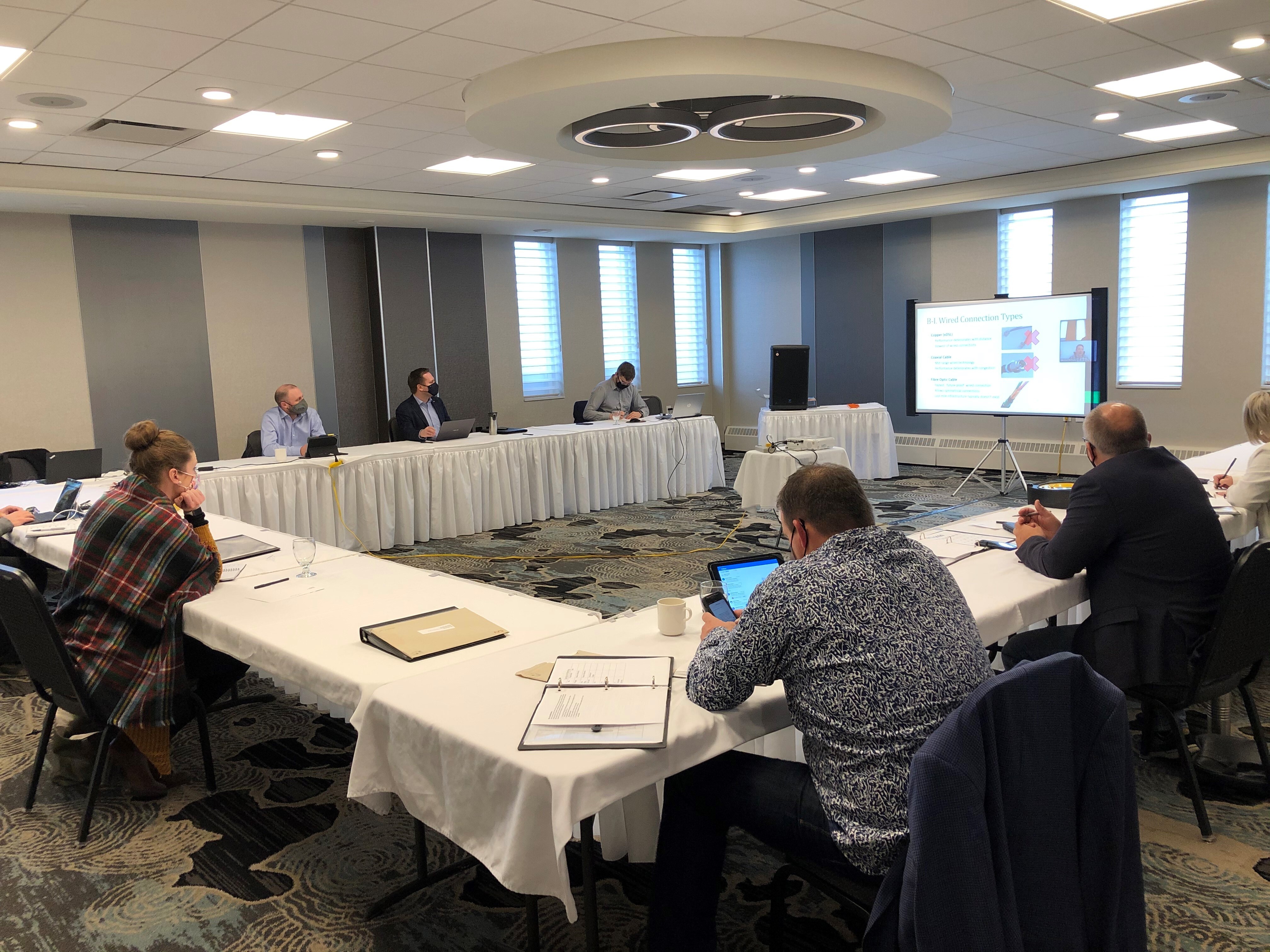The APAS Rural Connectivity Task Force met on November 5, 2020 for its second meeting since forming in September.
The November 5 meeting was part of the Task Force's research phase, during which they are delving into the technical and regulatory issues that shape Canada's internet landscape.
The Task Force welcomed in-depth presentations by internet experts Dr. Reza Rajabuin (Research Fellow in the Ted Rogers School of Management at Ryerson University) and Dr. Michael McNally (Associate Professor in the Faculty of Education - School of Library and Information Studies at the University of Alberta).
Key takeaways from the meeting include:
- Though an early leader in internet standards and accessibility, Canada has fallen behind other countries in access to universal and affordable high quality internet.
- The CRTC's geographic designation of adequate service limits access to federal funding in rural areas.
- Fibreoptics is the best and most future-proofed internet technology. Other technologies (e.g., fixed wireless, satellite, etc.) should be treated as complements to fibreoptic internet in rural Saskatchewan.
- Federally, the regulatory and policy roles of key agencies are unclear and key policies need to be updated.
- The system of federal auctions for frequency spectrum may ignore the needs of rural Canada.
The Rural Connectivity Task Force has two more meetings planned for this fall. Their goal is to develop a thorough understanding of the barriers to and opportunities for better rural internet and cellular coverage in Saskatchewan. Their research will provide the basis for a series of recommendations that will be released in early 2021.
Learn more at apas.ca/connectivity.




